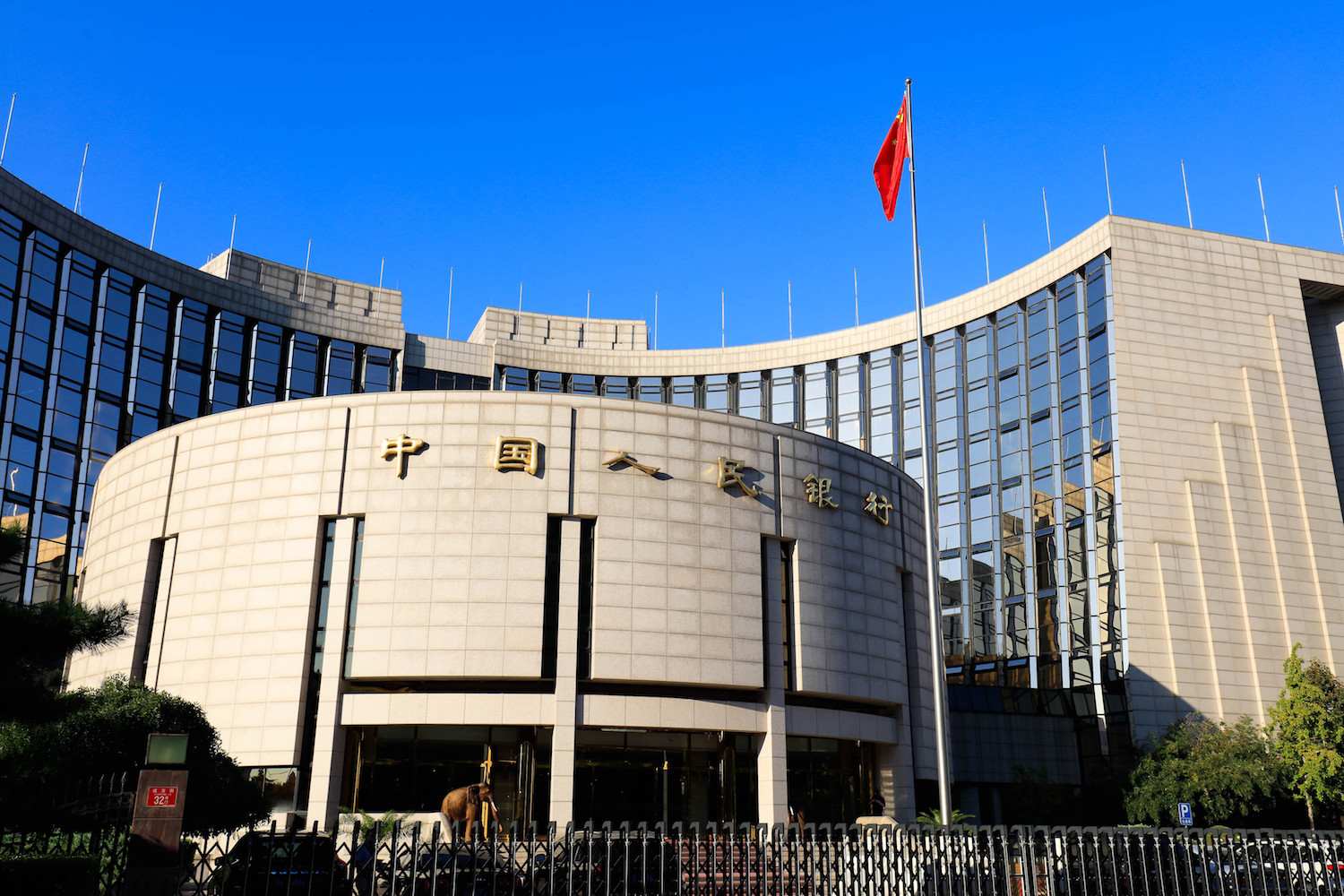Free Speech vs. Cancel Culture: Reasons for Optimism
(Lightspring/Shutterstock)
Free Speech vs. Cancel Culture: Reasons for Optimism
Jill Carlson, a CoinDesk columnist, is co-founder of the Open Money Initiative, a non-profit research organization working to guarantee the right to a free and open financial system. She is also an investor in early-stage startups with Slow Ventures. This op-ed is the second of two parts. See the first here.
Much has been made this summer of censorship. From protestors tearing down statues to streaming platforms removing television episodes, we have many reasons to consider the line between free speech and unacceptable bigotry and bias.
While many have welcomed this reconsideration, others have cried “cancel culture,” calling these moves a purge and comparing today’s society to that of “Fahrenheit 451.”
It’s worth remembering that purges of cultures, knowledge and society are not particular to our time. For almost 5,000 years of human history, civilizations around the world have engaged in destruction of their own and each others’ books, records and other forms of culture.
This reminder is not meant to defend this type of destruction, but it should allow us to take a deep breath in the face of a dismantling of narrative and culture and recognize that, throughout history, societies and their cultures have persisted and resurged even in the face of such purges. Indeed, cultures have often been shaped and defined by such events. As I have argued before, tearing down statues is often not so much censorship as it is speech in and of itself.
Still, I also subscribe to the belief that wholesale removal of the artifacts of our history and culture might set a scary precedent for lovers of civil liberties and personal freedoms, particularly around speech and expression.
The total removal or destruction often does little in service of reshaping the future. If we blot out history, how will we ever learn from it?
There are alternatives to the complete removal of the artifacts, like adding context. This was done when Christopher Colombus’ bust was removed from public display in the streets of Haiti and placed in a museum. A more recent example is HBO’s decision to keep “Gone With The Wind” on its platform, but only with the addition of new material to address the film’s racist overtones. The ways available to us in reckoning with the past are more nuanced than the black and white of removal or preservation.
Deplatformed
We are reckoning with more than the past this summer. One cannot discuss the issues of censorship and free expression in 2020 without addressing the debate around social media platforms. In an era when everything is clickbait and fake news, the role of social media in providing not only a platform but, often, a megaphone has never been more important – nor under more scrutiny.
Perhaps no moment exemplified this more than when Donald Trump posted about the protests in Minneapolis: “when the looting starts, the shooting starts.”
We may wake up to find statues and social media posts gone from immediate view, but their content and context will be far from forgotten.
While Facebook left the post untouched, arguing people “should be able to see what politicians say,” Twitter hid the post behind context stating that the Tweet “violated the Twitter Rules about glorifying violence.” Notably, neither site fully removed the post, but, for those who are not President of the United States, the treatment is not always so lenient.
Deplatforming has not moderated speech or led to more facts than fictions, but rather driven extreme views to increasingly extreme corners of the web, whether on Mother Jones to the left, Quillette to the right or on social media challenger Gab even farther out the axis. As this suggests, perspectives, opinions, information, and theories are not easily stamped out. Mainstream social media platforms may drive this type of speech out of their own homes, but like cockroaches, this type of speech will simply move and live on.
Persistence and preservation
Returning to history, we find that artifacts of culture, even when intended to be destroyed, often find ways to live on as well. This preservation often occurs in unintended ways and in unexpected places. The destruction of the ancient Assyrian capital, Nineveh, in fire, for example, baked and hardened tens of thousands of clay tablets that might otherwise not have been preserved.
Similarly, while many mourn the destruction of the Library of Alexandria as a moment of massive cultural loss, few point to how a repository equivalent of the Library was preserved 250 miles south of Alexandria in the form of a trash heap. This monumental garbage dump was located in a town called Oxyrhynchus, a place whose dry, untouched sands pressed and perfectly preserved pieces of papyrus for over 2,000 years. The trash heap yielded many of the only known versions of ancient plays and poems, as well as fragments of religious texts important to our understanding of everything from the Greek gods to early interpretations of Christianity and Islam.
My point here is I do not currently fear that future generations will lose the content and context of the U.S. in 2020, even amid fears around deplatforming and censorship. For as long as they have existed, cultures have always evolved, and that evolution can most often be traced and understood in hindsight. Even today, as we see specific types of speech banned from certain platforms, we can witness the fact that those words generally do not disappear, but rather migrate to new sites.
This comfort is not one I take for granted. The persistence of this type of material is entirely dependent on the creation and continuation of projects like the Internet Archive, a non-profit digital library of all manner of media, including the preservation of past versions of significant websites. Yet, the Internet Archive is currently facing a digital rights lawsuit that threatens it’s very premise.
As such, I am even more optimistic about decentralized forms of preservation that will hopefully not face the same types of challenges over the long term. Projects like Sia’s Skynet – a decentralized file sharing system – are important steps in this direction. Even the use of bitcoin’s blockchain for purposes of preservation and timestamping is a valuable step towards creating truly persistent memory. See projects like OpenTimeStamps.
Finally, naturally, none of this is solved with technology alone. The work of organizations like the ACLU and the Electronic Frontier Foundation are hugely important and may represent the most important factor in the comfort I feel looking at the preservation of digital free speech in the U.S. relative to many other geographies.
Even the more extreme social media challengers play an important role here. While I personally find many of the views expressed on platforms like Gab problematic or reprehensible, I can also acknowledge the very existence of such a forum provides some reassurance that we continue to live in a society that values free speech.
That said, I would welcome more experimentation with what these forums can look like. I am particularly intrigued by Twitter’s R&D to develop an open and decentralized standard for social media. Also in this category is Club P., the anonymous discussion board recently launched by Coin Center Director Jerry Brito.
These initiatives and organizations, for me, are cause for optimism around the future of free speech. But so are protestors tearing down statues and presidential tweets accompanied by disclaimers. If history is any example – and if technology, innovation and (importantly) our rule of law can be relied upon – we may wake up to find statues and social media posts gone from immediate view, but their content and context will be far from forgotten.
Disclosure
The leader in blockchain news, CoinDesk is a media outlet that strives for the highest journalistic standards and abides by a strict set of editorial policies. CoinDesk is an independent operating subsidiary of Digital Currency Group, which invests in cryptocurrencies and blockchain startups.








